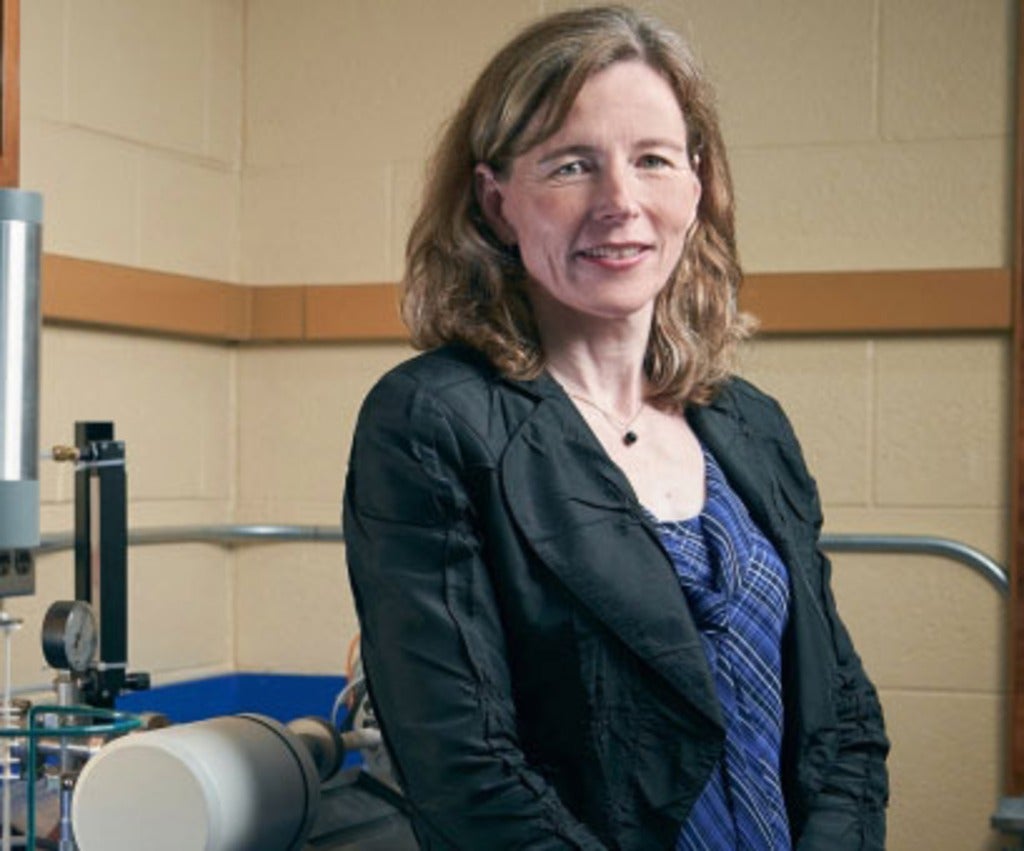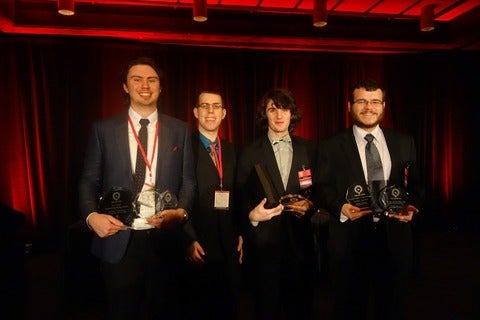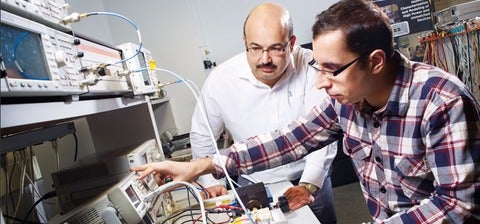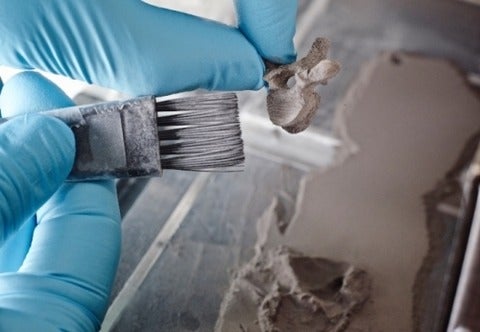TechCrunch article looks at imbalance of women in tech sector
Mary Wells, Waterloo Engineering's associate dean of outreach, takes a look at the many reasons women are under-represented in “tech-sector” engineering disciplines in a TechCrunch article published March 15 entitled Engineers bridge the divide between technology and society.


 research into next-generation electrochemical devices.
research into next-generation electrochemical devices.



